French Safran and DRDO Join Forces to Develop India’s First Indigenous Jet Engine
French Safran and DRDO team up to build India’s first indigenous jet engine with full tech transfer. The powerful 120–140 KN engine will soon power the AMCA fighter jets, marking a historic stride in Aatmanirbhar Bharat.

French Safran and DRDO Join Forces to Develop India’s First Indigenous Jet Engine
In a landmark step for India’s defence self-reliance, French aerospace giant Safran S.A. and India’s Gas Turbine Research Establishment (GTRE) under the Defence Research and Development Organisation (DRDO) are set to co-develop the country’s first indigenous fighter jet engine.
The project will deliver a 120–140 kilo newton (KN) class engine, capable of powering India’s upcoming twin-engine Advanced Medium Combat Aircraft (AMCA). Crucially, Safran has agreed to a 100% transfer of technology, including the advanced crystal blade technology, considered one of the toughest challenges in high-powered jet engine design.
-
Indian IPR ownership: The engine will be developed under Indian intellectual property rights.
-
Technology transfer: Safran to transfer complete know-how, unlike earlier partial offers from the US.
-
Timeline: At least nine prototypes to be developed within the next 12 years.
-
Capacity: Initial output of 120 KN, with future upgrades to 140 KN.
-
Partners: Indian private sector giants like Tata Group, L&T, and Adani Defence expected to collaborate in production.
Defence Minister Rajnath Singh confirmed that India is now embarking on the “critical task of developing indigenous fighter jet engines.” The initiative comes weeks after Prime Minister Narendra Modi, during his Independence Day speech, called for India to achieve self-reliance in jet engine technology—a domain dominated by only a handful of nations, including the US, Russia, UK, and France.
While India’s earlier attempt at a homegrown engine—the Kaveri project—did not succeed, the Safran-DRDO partnership is being hailed as a game-changer. Unlike the US, which offered only 70% technology transfer in its GE-414 deal, France’s unconditional support strengthens New Delhi’s trust in Paris as a long-term strategic defence partner.
With this breakthrough, India’s Air Force and Navy could operate future aircraft—including AMCA and twin-engine carrier-based fighters—without dependency on foreign suppliers, ensuring both strategic autonomy and combat readiness for decades to com
















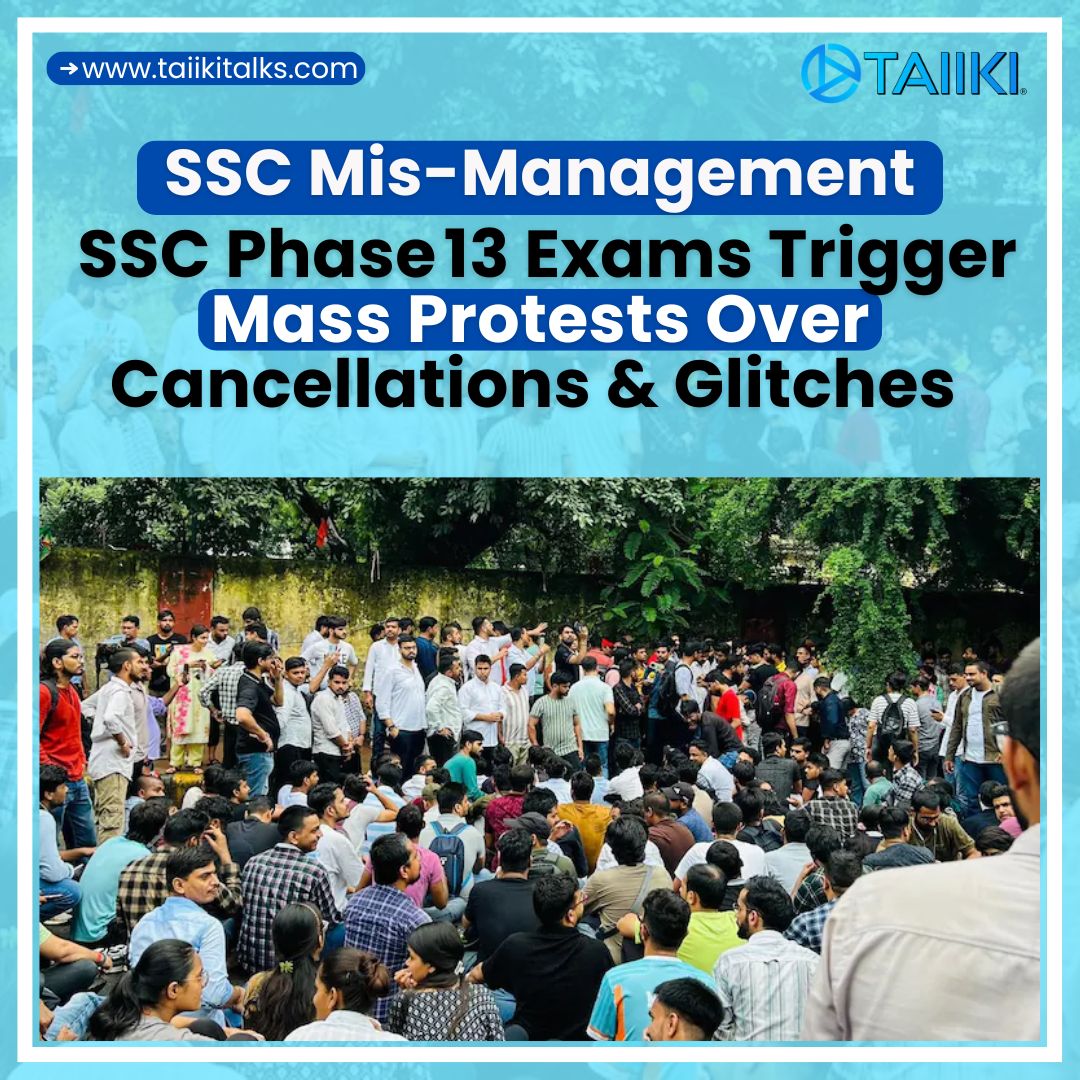
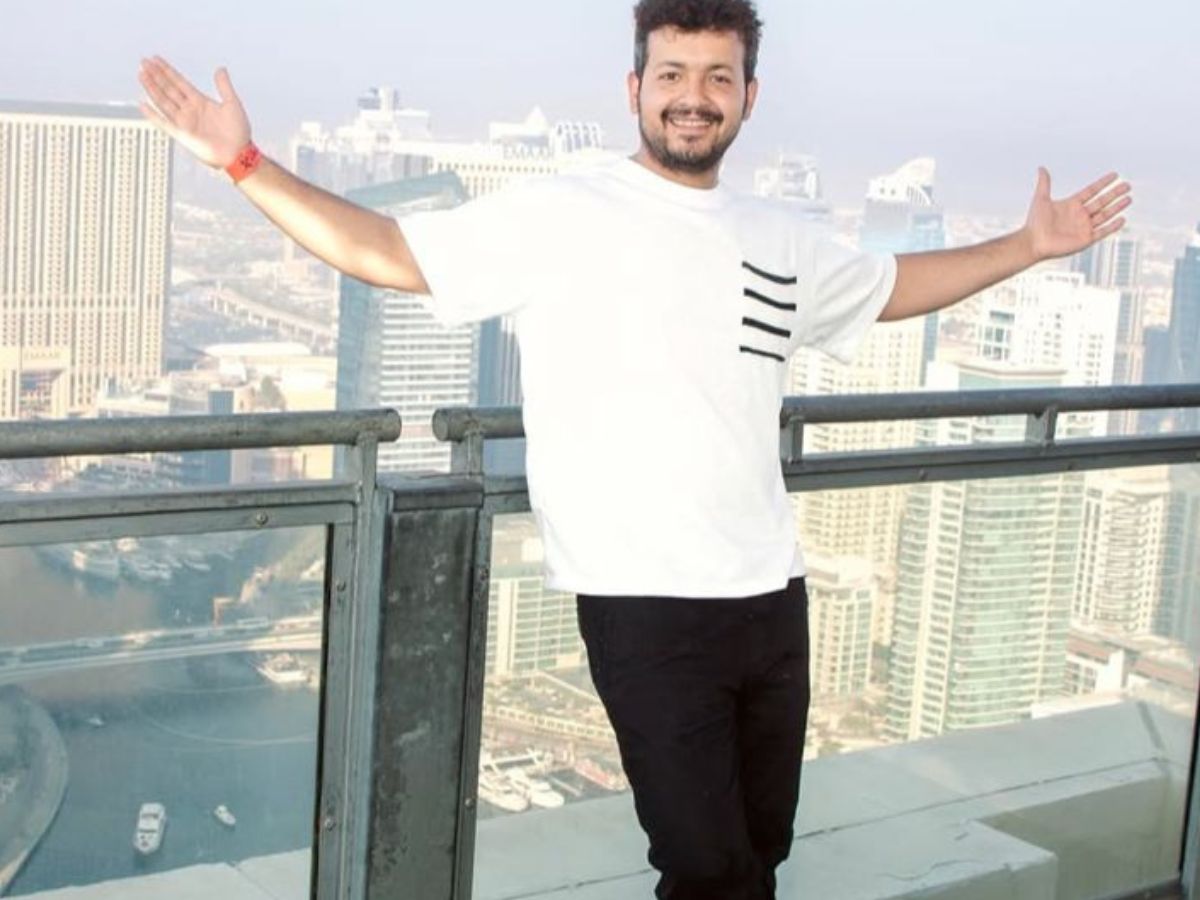



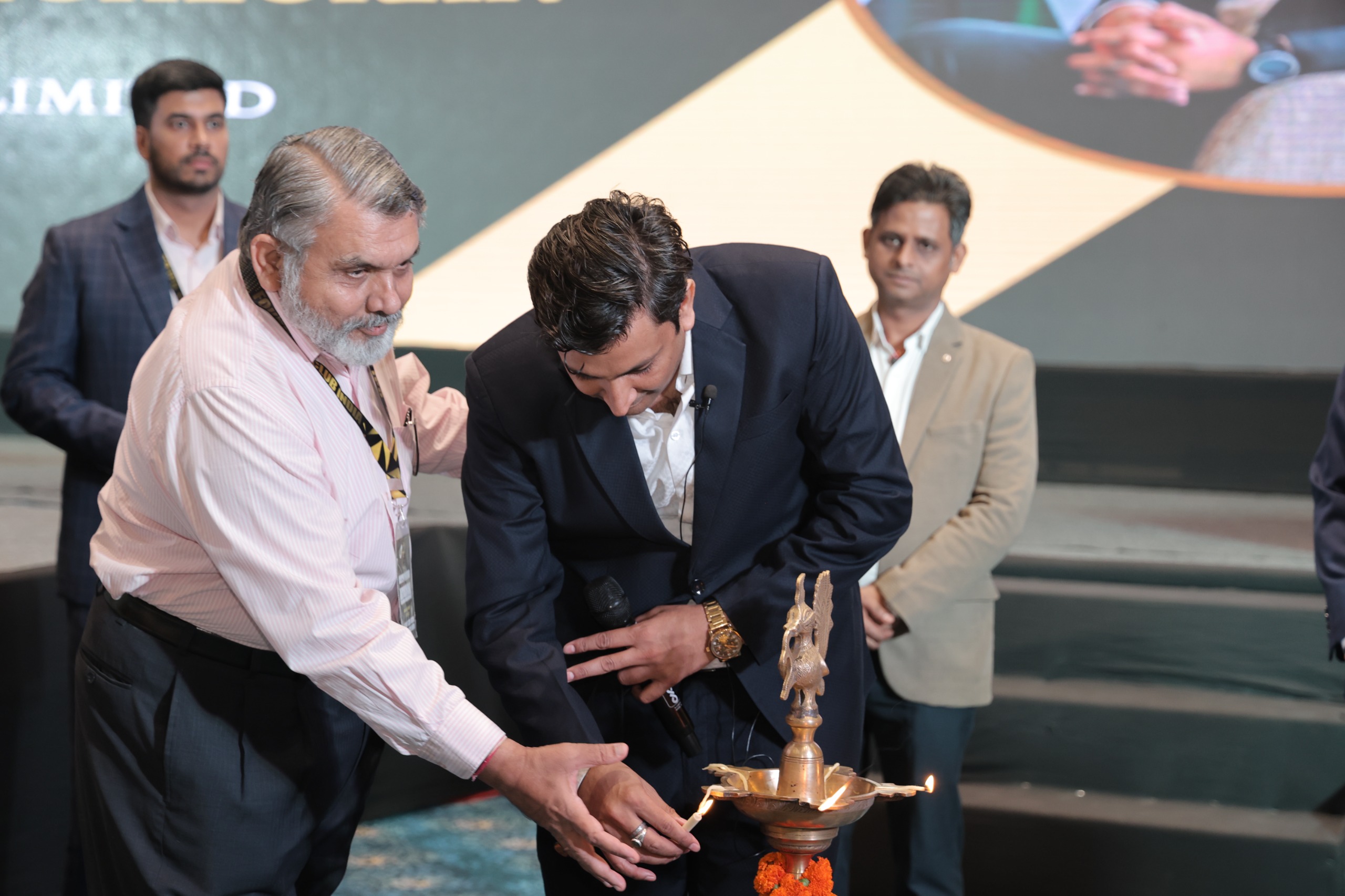







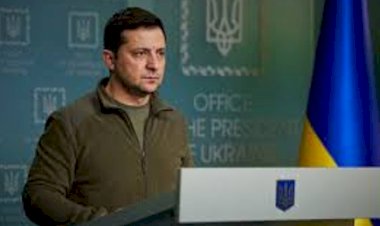


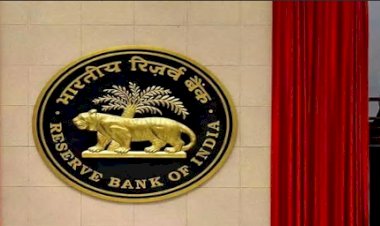



Comments (0)